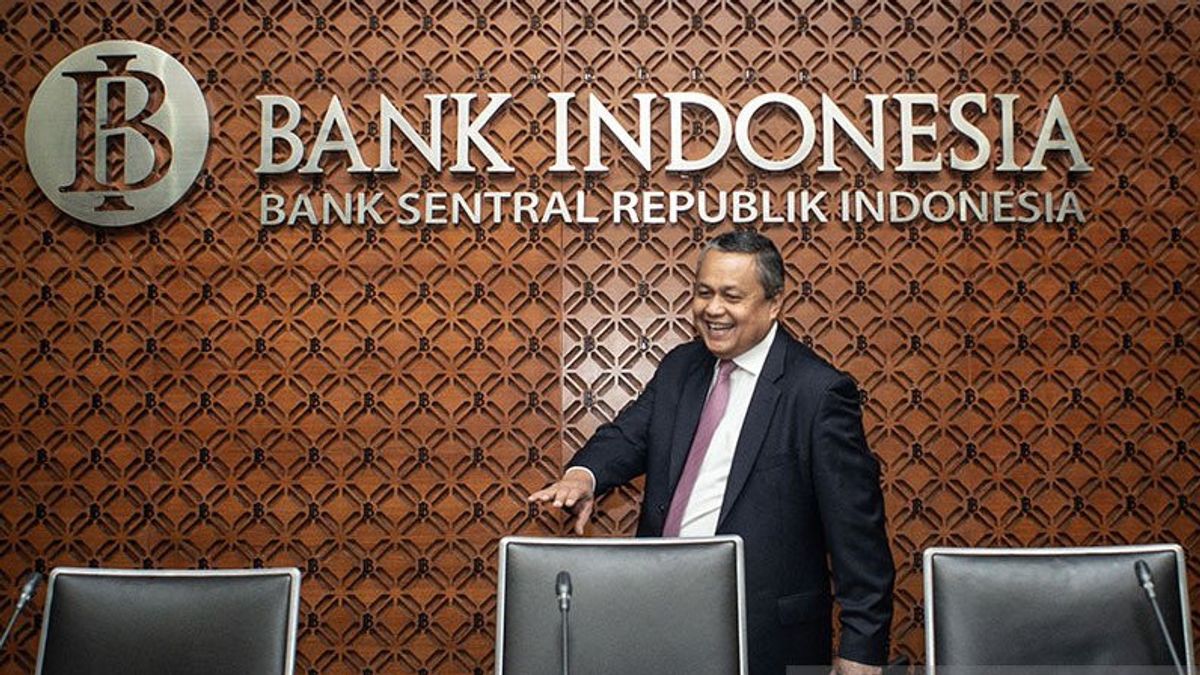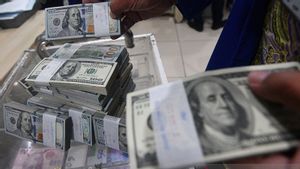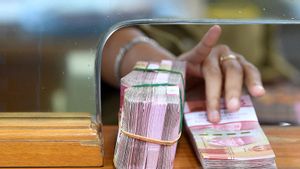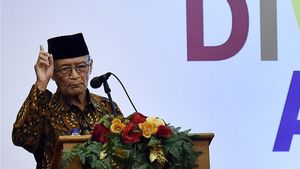JAKARTA - Bank Indonesia (BI) until March 2022 still maintains the BI 7-Day Reverse Repo Rate (BI7DRR) benchmark interest rate at 3.50 percent. This figure has been in effect since 2020 with a gradual cut of 150 basis points in six declines.
The interest rate level is the lowest in BI's history, as well as a response to the COVID-19 pandemic that hit the country. Recently, the central bank is faced with a fairly difficult position.
The volatile geopolitical situation caused by the war between Russia and Ukraine made several commodity prices rise. One of the important indicators is the increase in the price of crude oil.
Based on information compiled by the editors, today's world oil price has penetrated 133 US dollars per barrel. In fact, under normal conditions, the selling value never exceeds 100 dollars per barrel. This of course creates pressure on the inflation side.
In this situation, Bank Indonesia inevitably has to immediately make adjustments to monetary policy, especially the benchmark interest rate. This is because high inflation is usually triggered by an increase in the price of necessities. If the price goes up, the money supply will increase.
If this condition is left unchecked, it can have an impact on the exchange rate which results in the fall of the rupiah currency. An increase in interest rates means encouraging people to save. Thus, abundant liquidity can be absorbed immediately and the exchange rate can return to fundamental levels.
VOIR éGALEMENT:
However, rising interest rates are also not the best way without loopholes. The soaring interest rate will certainly spread to credit interest.
If the credit rate offered by the bank rises, it could create a separate burden for business actors. This situation makes companies tend to be reluctant to withdraw funds from banks so that expansion activities stagnate.
One thing to keep in mind is that the banking intermediation function is currently still at a fairly sloping level. In fact, the benchmark interest rate is still set at a very low level of 3.50 percent, especially if it is raised.
Is the problem solved? Not yet. The central bank in Indonesia still has to face challenges from the Federal Reserve, which intends to increase the fed funds rate this March. At least this is believed by the Minister of Finance, Sri Mulyani, and Bank Indonesia Governor, Perry Warjoyo, as reported by VOI some time ago.
This is where the importance of Bank Indonesia in calibrating monetary policy so that it continues to have a positive impact on the national economy. So, will the war between Russia and Ukraine be the end of the era of the lowest interest rates in Bank Indonesia history?
The English, Chinese, Japanese, Arabic, and French versions are automatically generated by the AI. So there may still be inaccuracies in translating, please always see Indonesian as our main language. (system supported by DigitalSiber.id)











